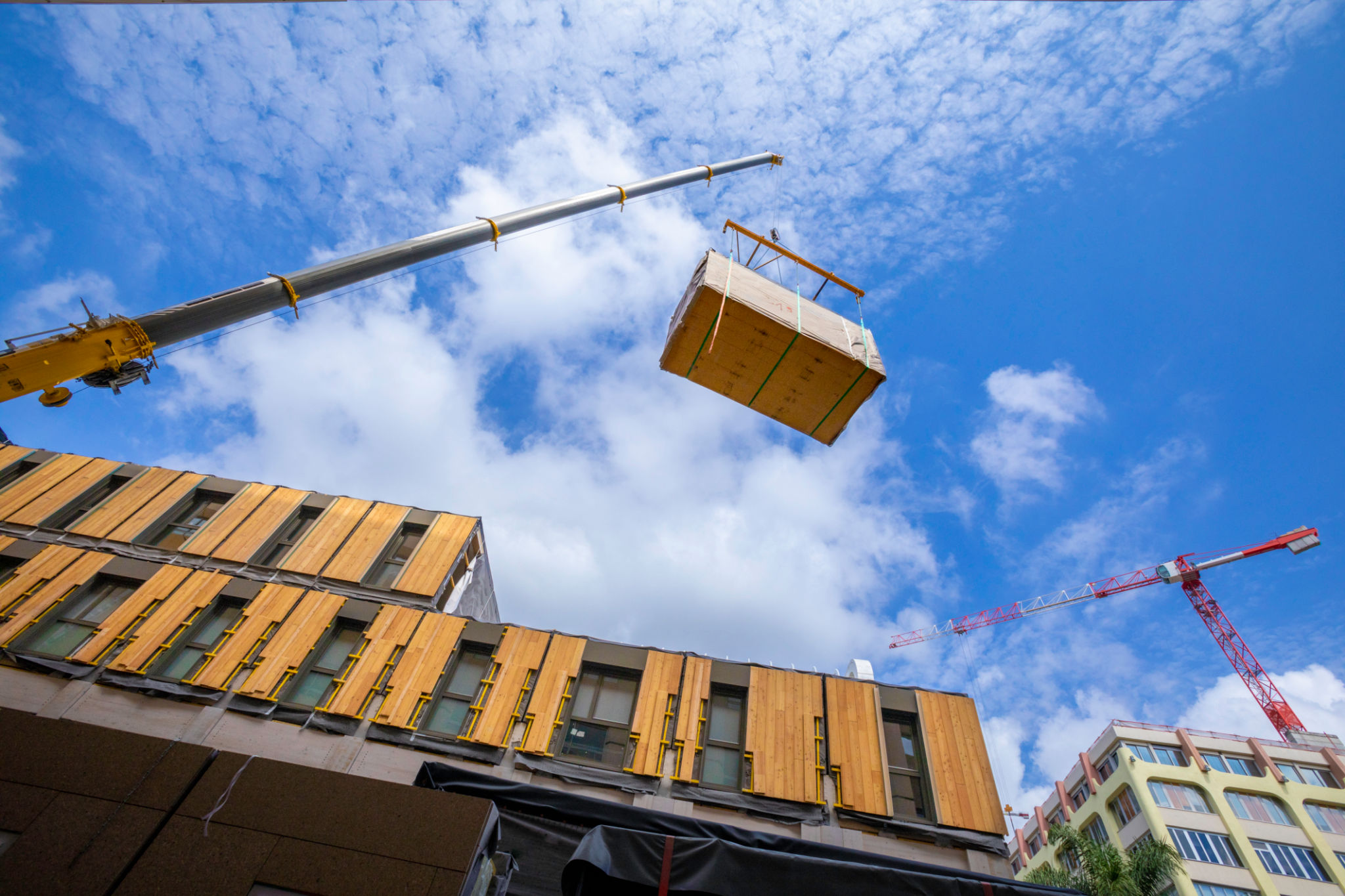Sustainable Building Practices in Ghana: A Comprehensive Guide for Modern Construction
Introduction to Sustainable Building Practices
In recent years, Ghana has seen a significant shift towards sustainable building practices. This change is driven by the need to reduce environmental impact, improve energy efficiency, and promote healthier living environments. By adopting sustainable practices, Ghana is not only embracing modern construction trends but also ensuring the well-being of future generations.

Understanding Sustainable Materials
Sustainable materials are at the core of eco-friendly construction. These materials include locally sourced timber, bamboo, recycled metal, and eco-friendly concrete alternatives. Using these materials reduces the carbon footprint associated with transportation and manufacturing, promoting a greener construction process.
Additionally, selecting materials that are both durable and low maintenance can lead to long-term savings and resource conservation. This approach ensures that buildings remain functional and aesthetically pleasing without frequent repairs or replacements.
Energy Efficiency in Building Design
Energy efficiency is a crucial component of sustainable construction. By integrating energy-efficient designs and technologies, buildings can significantly reduce their energy consumption. Key strategies include:
- Installing solar panels to harness renewable energy.
- Using energy-efficient lighting and appliances.
- Incorporating natural lighting and ventilation to reduce reliance on artificial systems.
These measures not only decrease energy costs but also contribute to a reduction in greenhouse gas emissions.

Water Conservation Techniques
Water conservation is another vital aspect of sustainable building practices. Ghana's climate can put a strain on water resources, making it essential to incorporate efficient water management systems in new constructions. Some effective techniques include:
- Rainwater harvesting systems to collect and reuse rainwater.
- Low-flow fixtures to minimize water usage.
- Greywater recycling systems for landscape irrigation and other non-potable uses.
Eco-Friendly Construction Techniques
Incorporating eco-friendly construction techniques can further enhance sustainability. Construction methods such as prefabrication and modular building reduce waste and improve efficiency. Moreover, using non-toxic paints and sealants helps maintain indoor air quality, ensuring healthier environments for occupants.
The focus on reducing waste during the construction phase is equally important. By implementing strict waste management protocols, builders can recycle materials effectively and minimize landfill contributions.

The Role of Technology in Sustainable Construction
Technology plays a pivotal role in advancing sustainable building practices in Ghana. Building Information Modeling (BIM) allows architects and engineers to design more efficiently, reducing material waste and optimizing resource use. Additionally, smart building technologies enable real-time monitoring of energy and water usage, allowing for immediate adjustments to improve sustainability.
Community Engagement and Education
For sustainable building practices to be successful, community engagement and education are essential. By involving local communities in the planning and development processes, builders can ensure that projects meet the needs of residents while promoting environmental responsibility. Educational programs can also raise awareness about the benefits of sustainable living, encouraging wider adoption of green practices.

The Future of Sustainable Building in Ghana
The future of sustainable building in Ghana looks promising as more stakeholders recognize the importance of environmentally conscious construction. Continued investment in research, technology, and community engagement will play a crucial role in driving progress. By embracing these practices, Ghana can set a benchmark for sustainable development in Africa, paving the way for a greener and more sustainable future.
